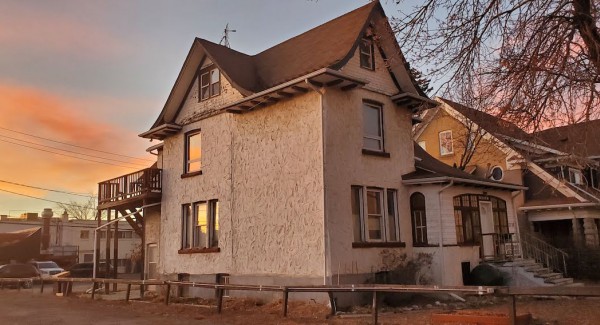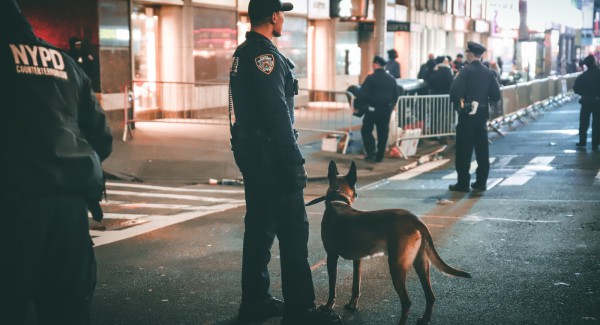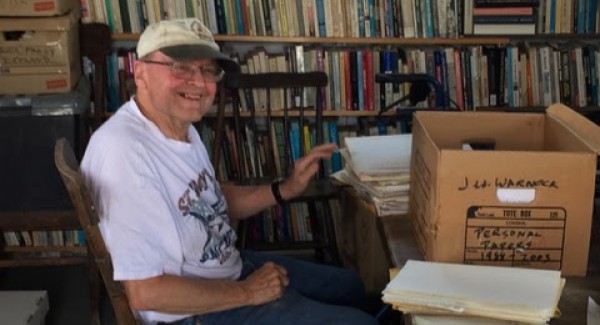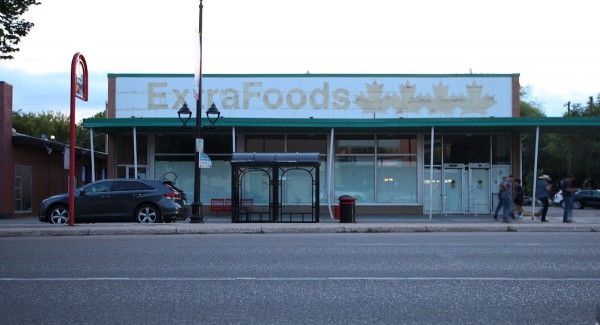Renewable Regina forum platforms residents’ voices

Eagleclaw Bunnie
Walking home from the 100% Renewable Regina Forum, I detoured around a huge puddle that had formed in the grass in the empty lot by my apartment, the welcome but unsettling legacy of an unseasonably warm February. The event, which was put on by volunteers from the Cathedral Area Community Association (CACA), was an attempt to “support local regular people’s voices” on the City of Regina’s 2018 motion for a 100 per cent renewable city by 2050, in advance of the city’s Reimagine Regina conference, according to one of the forum’s organizers, Karen McIver. “We made sure that it was free and accessible to all so all voices could be shared in a report before May,” McIver said.
McIver said that the forum wasn’t necessarily a response to the controversy over the City’s decision to invite climate change denier Patrick Moore to be the keynote at their conference – “we didn’t know when we planned it who would be keynote” – but it was an attempt to make sure that the voices of regular people, not just those who can afford the Reimagine conference’s $300 price tag, could have a say in the way Regina designs and implements its strategy to be 100 per cent renewable. Citizens have already raised concerns that the city is attempting to “denude the original intent of the Renewable Regina motion,” which was passed unanimously in 2018. Ward 3 councillor Andrew Stevens, who drafted the Renewable Regina motion with councillors John Findura and Joel Murray, told the forum that if the City is to stick to the spirit of the motion, residents will need to hold them accountable.
Dr. Emily Eaton, an associate professor of geography and environmental studies at the University of Regina, was there to speak about equity and Indigenous rights and the importance of what she called a “3D transition.” That is, transitions that consider decolonization and democratization to be as fundamental and non-negotiable as decarbonization itself. “We need to think about ways to return land, resources, and environmental decision making to the original people of these lands,” Eaton said, adding that we need to be “putting decolonization at the centre of our climate change policies.”
We need to be “putting decolonization at the centre of our climate change policies.”
Both Eaton and Ada Dechene, a 13-year-old community organizer who has helped helm the Regina chapter of Fridays for Future since March 2019, spoke to the importance of equity in transitions. “Without an explicit focus on justice and equity, some climate action initiatives could worsen existing inequalities in our community,” Dechene said. She also spoke about the recommendations that came out of a youth forum held last year, including the prioritizating the creation of parks and green spaces over parking lots and commercial properties, walkable neighbourhoods, implementing zero-waste strategies, and a subsidy for solar panels for all households.
Stevens spoke about the oil workers who recently gathered in Henry Baker Hall to demand action from the city – just as environmentalists had gathered there to demand a sustainable city two years before – and the social divide that those two gatherings reveal. “I think it speaks to what’s going on in this city,” Stevens said, referring to the apparent impasse between those who want a sustainable future and those who are reliant on the oil and gas industry for their livelihoods at a time when the social safety net – and opportunities for re-education and retraining into green jobs – has been dismantled by an austerity government. We need to work on “establishing common ground and finding out how we’re in this together,” Stevens said.
At events like these, where most, if not all, the people represented agree on what the problem is, and share a similar vision for fixing it, it can be difficult to see how that kind of common ground can be established, something Stevens acknowledged, saying we need to move past seeing it as “environmentalists and people who acknowledge climate change versus everybody else.”
“Without an explicit focus on justice and equity, some climate action initiatives could worsen existing inequalities in our community."
It’s a necessary reminder to a group of people who live in “a city dominated, on the matter of skyline, by a refinery.” There is a deep ideological rift in this city, and it is constantly on the horizon. And yet at this moment, the Co-op refinery is a site of struggle where that gap has been bridged in some small way. Having visited the picket line at Gate 7 myself, I saw environmentalists and oil and gas workers united in solidarity as workers and working-class people. That sort of solidarity is needed when it comes to holding those in power accountable for making just transitions in our communities, but it won’t come without great effort.
Dechene acknowledged the critical work to be done in bridging the gap between environmentalists and “everybody else,” by reaching out not only to those who already agree that we are on the brink of environmental (and social) catastrophe, but also to those who do not. “If we can change the minds of enough people, we can see a serious change in how this developing crisis is being treated, and that, in turn, will influence our world’s future.”
Another gap that needs to be narrowed is that between decision-makers and those who have been marginalized. “If energy policy is made in a framework of equity, it must address the gaps between those living with energy insecurity and those whose energy consumption needs to be curbed,” Eaton said. “Much environmental policy related to energy and climate change is focused on getting individuals to reduce their overconsumption,” Eaton said. “And these policies and incentives neglect the realities of a large number of people living in poverty in our city whose basic energy needs are actually currently unmet and who certainly cannot afford to invest in energy savings and energy production. […] We’re really advocating that any investments that are made by the city in renewability are made in ways that really benefit the lives of people who have been marginalized in one form or another.”
Stevens says we need to move past seeing it as “environmentalists and people who acknowledge climate change versus everybody else.”
The crowd at the forum – around 60 people – was mostly white, and, although the Community Association put efforts into ensuring the event had what McIver calls “children voice,” largely older, likely a reflection of the neighbourhood’s demographics. Although there was a land acknowledgement and a prayer by Elder Hazel Dixon, white settlers need to remain self-critical, particularly when we find ourselves in brainstorming/decision-making settings surrounded by other white settlers.
Stevens reminded the group of the real power that municipalities have to alter the course of politics on a grand scale. “Cities in the world are taking leadership over regional, provincial, state, and national governments,” he said, but he acknowledged the challenge Reginans face when it comes to the city council that he serves on. “We can push this ahead, but it will require a lot of effort and initiative,” Stevens said. “Some people that are a bit weaker-willed about this might fall off, so we have to keep them steady.”
Dechene said the change needs to start right now. “2050 is too late,” she said. “We need a renewable city by 2030.”




